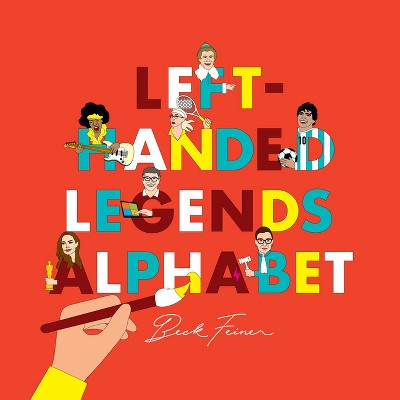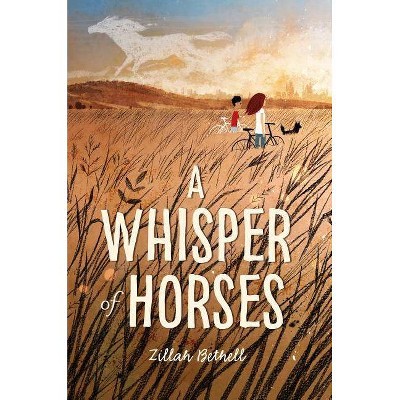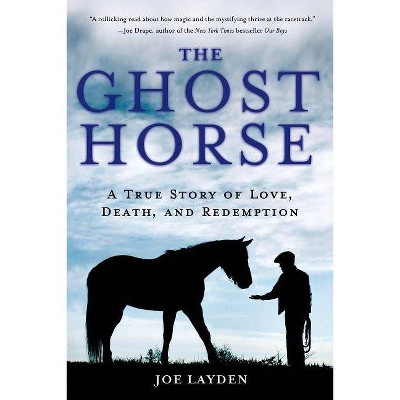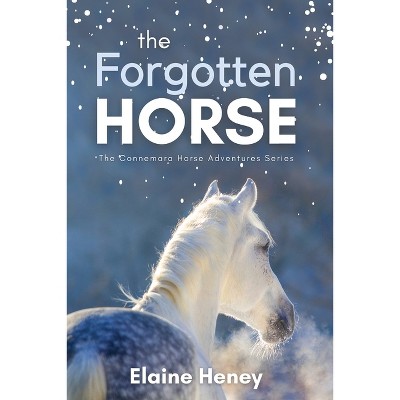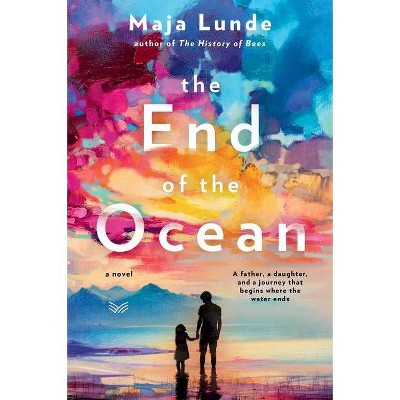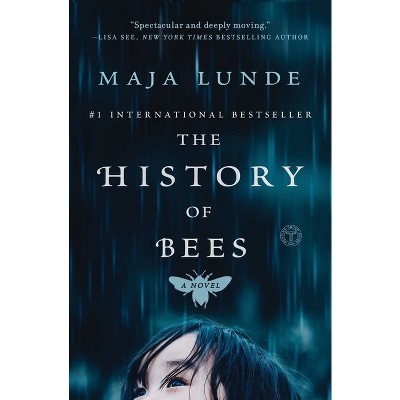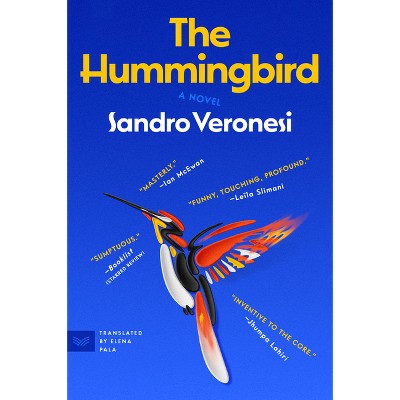Sponsored

The Last Wild Horses - by Maja Lunde (Paperback)
In Stock
Sponsored
About this item
Highlights
- Translated into 40 languages, winner of the Norwegian Bookseller's Prize, and the most successful Norwegian author of her generation, Maja Lunde returns with a heart-wrenching tale, set in the distant past and the dystopian future, about extinction and survival, family and hope.Mikhail lives in Russia in 1881.
- Author(s): Maja Lunde
- 448 Pages
- Fiction + Literature Genres, Science Fiction
Description
Book Synopsis
Translated into 40 languages, winner of the Norwegian Bookseller's Prize, and the most successful Norwegian author of her generation, Maja Lunde returns with a heart-wrenching tale, set in the distant past and the dystopian future, about extinction and survival, family and hope.
Mikhail lives in Russia in 1881. When a skeleton of a rare wild horse is brought to him, the zoologist plans an expedition to Mongolia to find the fabled Przewalski horse, a journey that tests not only his physicality, but his heart.In 1992, Karin, alongside her troubled son Mathias and several Przewalski horses, travels to Mongolia to re-introduce the magnificent horses to their native land. The veterinarian has dedicated her life to saving the breed from extinction, prioritizing the wild horses, even over her own son.
Europe's future is uncertain in 2064, but Eva is willing to sacrifice nearly everything to hold onto her family's farm. Her teenage daughter implores Eva to leave the farm and Norway, but a pregnant wild mare Eva is tending is about to foal. Then, a young woman named Louise unexpectedly arrives on the farm, with mysterious intentions that will either bring them all together, or devastate them one by one.
Spanning continents and centuries, The Last Wild Horses is a powerful tale of survival and connection--of humans, animals, and the indestructible bonds that unite us all.
Translated from the Norwegian by Diane Oatley
Review Quotes
"[B]rilliantly complex....Lunde delivers a perfect blend of gripping human stories, historical and scientific fact, and speculative elements. This standout should win her wider attention in the U.S.." - Publishers Weekly (starred review)
"Each narrative suggests the unintended and often disastrous consequences of human interventions in nature. Seamlessly flowing between historical, travel, and dystopian fiction, this is another riveting, thrilling, and powerful installment from internationally renowned Lunde." - Booklist
"Lunde captures the depth and range of human love in all forms--our capacity to care for species other than our own, our desire to connect with others, and how both these are so often thwarted by the external circumstances of trauma and war. Filled with haunting notions of interspecies kinship, the reverberations of kindness and care, and the innate drive to love and survive despite the odds, this book is one to savor." - Scientific American
"By turns devastating and hopeful. . . . Following three separate but interconnected timelines, Lunde shows us the past, the present, and a terrifying future in a riveting story as complex as a honeycomb." - Bryn Greenwood, New York Times bestselling author of All the Ugly and Wonderful Things
"If we somehow manage to save the planet from ourselves, it will be because of big-hearted beautiful books like this one, that make us feel the devastating cost of our current climate inaction. Not just the planet-wide consequences, but the human-scale ones as well. Gripping and powerful." - Sam J. Miller, Nebula Award Winning author of Blackfish City, on The End of the Ocean
"Two stories on the impact of climate change intersect in this thoughtful and suspenseful novel. . . . Both halves of the story are convincingly detailed and quietly wrenching, and Lunde gradually and subtly draws them together to powerful effect." - Kirkus Reviews (starred review) on The End of the Ocean
"As a lover of honeybees and a fan of speculative fiction, I was doubly smitten by The History of Bees. Maja Lunde's novel is an urgent reminder of how much our survival depends on those remarkable insects. It is also a gripping account of how--despite the cruelest losses--humanity may abide and individual families can heal." - Jean Hegland, author of Still Time and Into the Forest, on The History of Bees
Shipping details
Return details
Frequently bought together
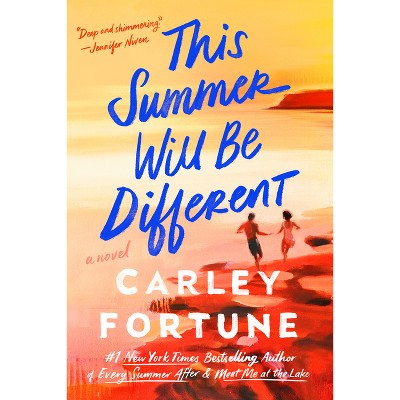

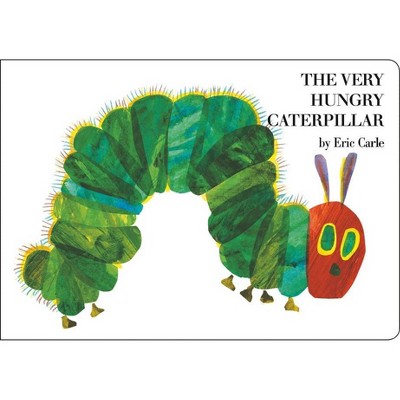
Guests also viewed


